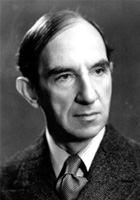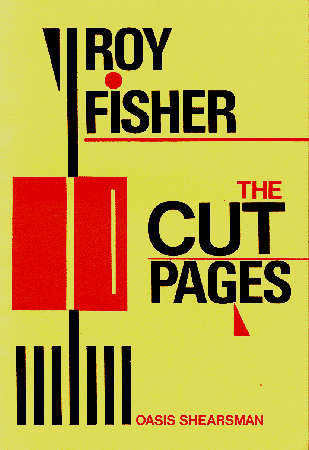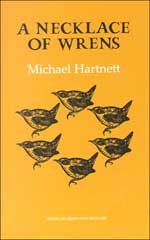
Aleksander Wat and Czesław Miłosz
Aleksander Wat
(1900 – 1967)
To a Roman, My Friend
Everything that lies in rubble
reaches tenderly at me:
the ruins of my Warsaw
the ruins of your Rome.
In April ’forty-six
I saw two old goats
searching for some special herbs
in the former Albrecht’s Café
(now overgrown with nettles,
thistles, burdock, spear grass).
Their barefoot shepherdess
in graveyard stillness
stood gaping, a child, under a pathetic column that once adorned
the fourth floor
of the Credit Society building,
where then it was just a fancy ornament
changed today into an orphaned pendicle
on a fragment of charred wall.
On the Aventino I met two goats, roamers of ruins,
and a barefoot shepherdess
staring at faded frescoes.
Thus after man’s glory,
after his acts and disasters
goats arrive. Smelly,
comic and worthy goats
to search among remnants of glory
for medicinal herbs and forage
for earthly nourishment.
Translated from the Polish by Czesław Miłosz and Leonard Nathan
from Aleksander Wat, Selected Poems, translated and edited by Czesław Miłosz and Leonard Nathan, Penguin, 1991.




















